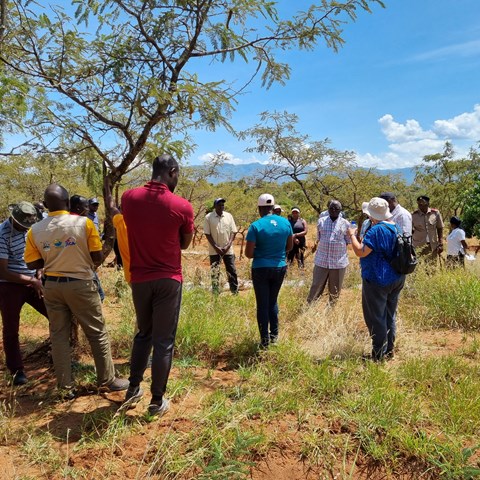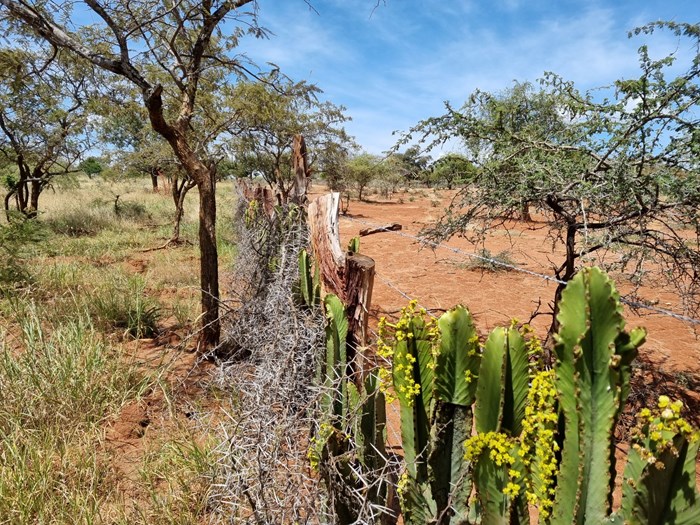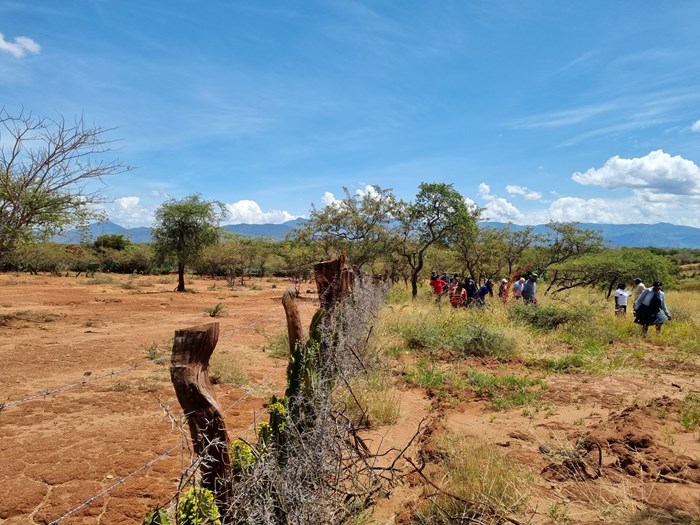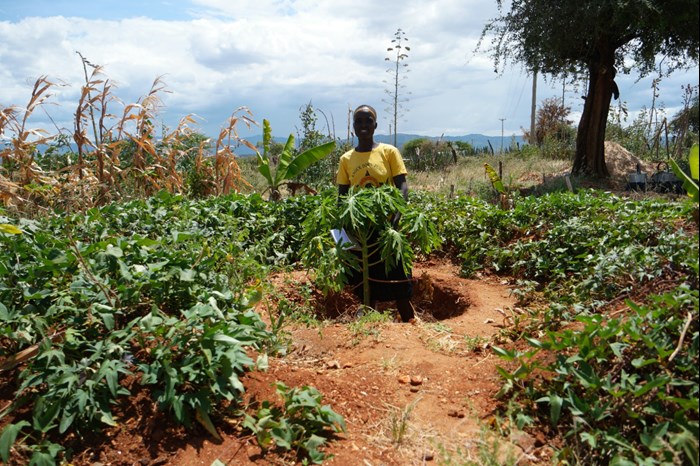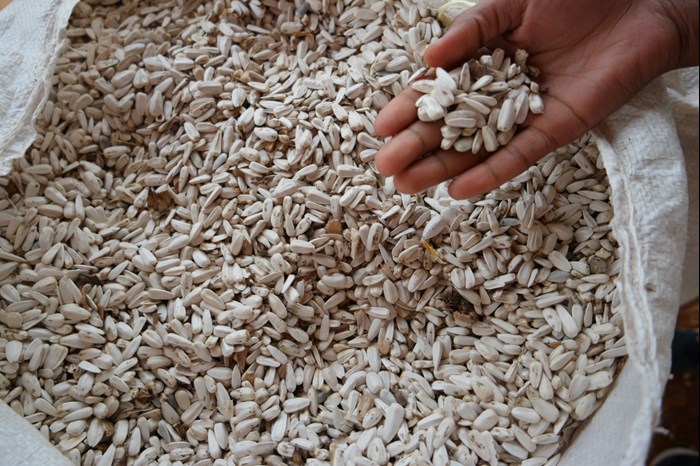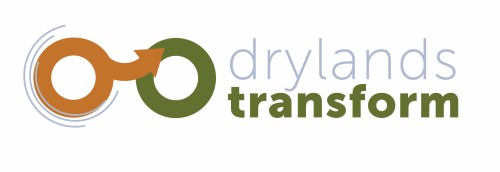Finally the time came, when the whole Drylands Transform team could meet in real life for the first time during the project that started in 2020. On 7th to 11th of November the second annual meeting was held in Kitale Kenya, including both presenting the first results, planning for 2023, meeting with key stakeholders and visiting the field.
Many parts of the project were discussed and plans for 2023 included among others, a follow up survey during an even worse dry season, continued development of fodder and kitchen garden experiments as well as trainings on both establishment, harvest and value addition/preservation.
All students enrolled in the project had their first chances to meet their project-based supervisors in real life, and finetuned their research plans and coordination with other students and researchers.
Field visits included both a thorough guided tour in the experiments, fodder banks and kitchen gardens in the Livestock Café as well as meetings with local stakeholders such as county directors of public health, livestock and agriculture, local NGOs, land community committees, progressive farmers, Trainers of trainers of the kitchen gardens, local extension workers and chiefs from the area.
Plans were made for 2023 and I think I can speak for all of us if I say that we were motivated by getting together physically in the meeting and now eager to continue the work in the drylands during the coming years as it both contributes positively to the lives of local people and also will contribute positively to the research community in terms of new knowledge on dryland transformation.
